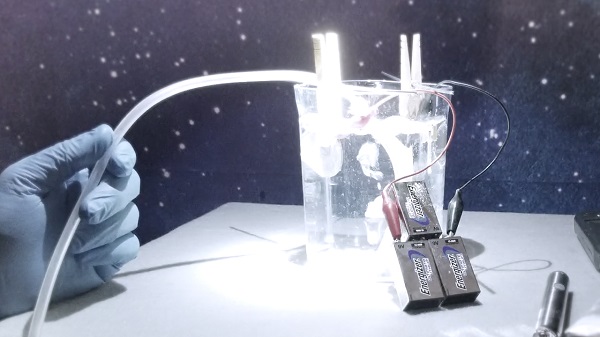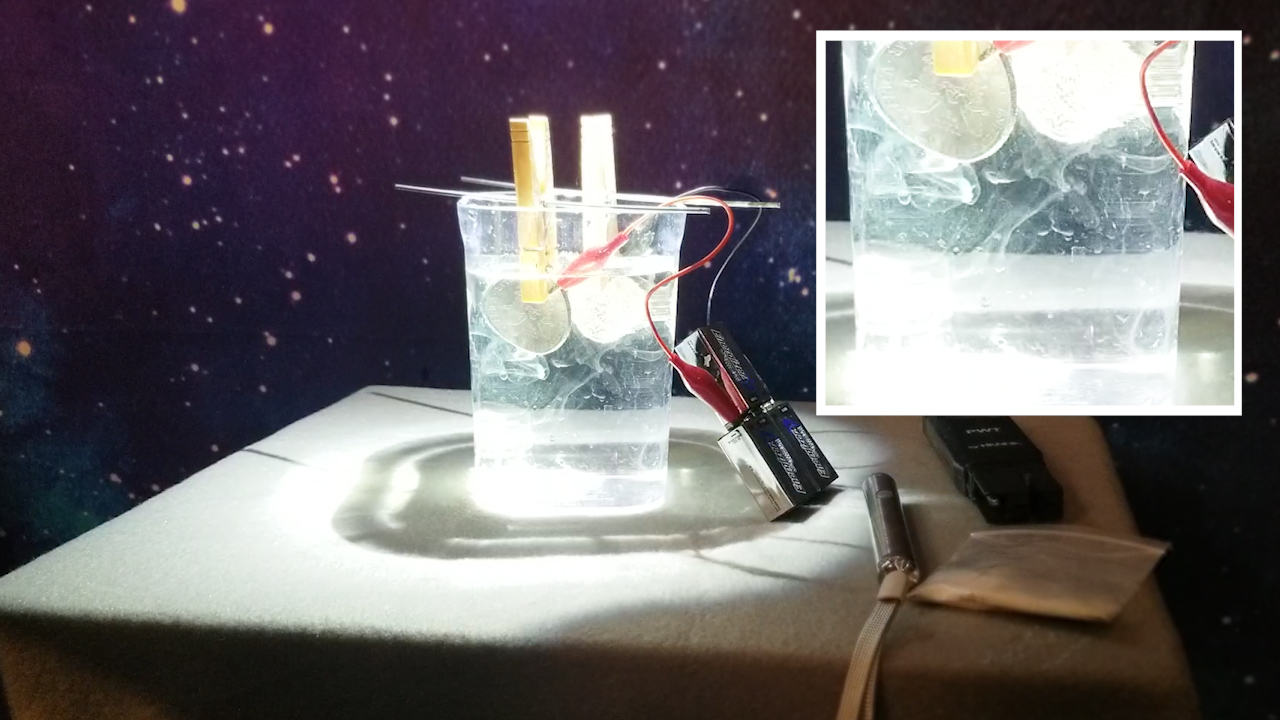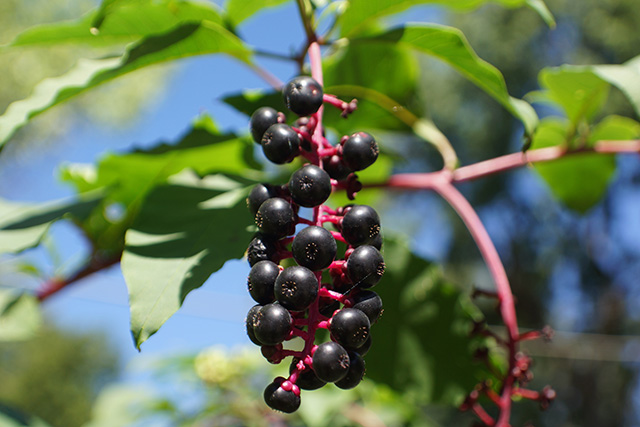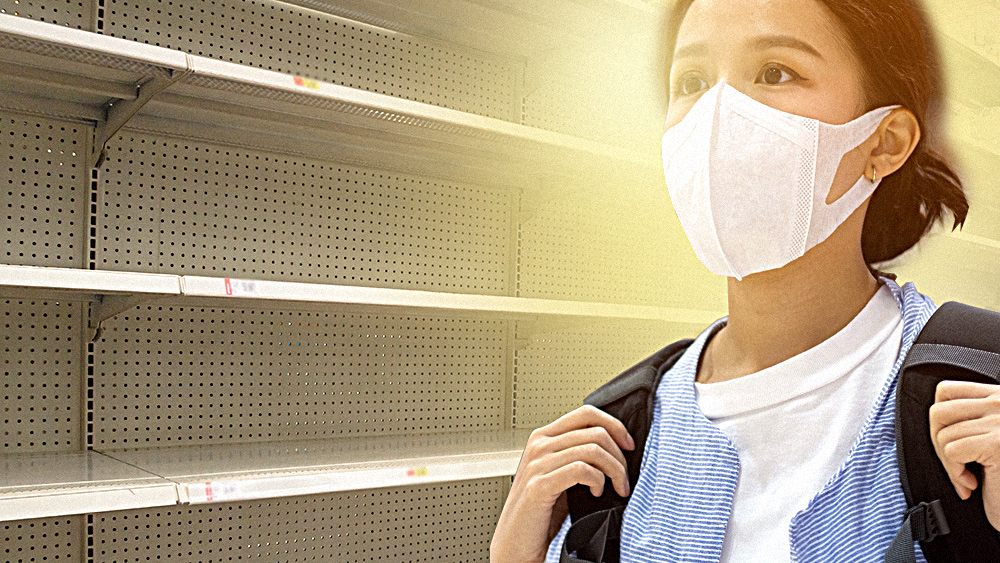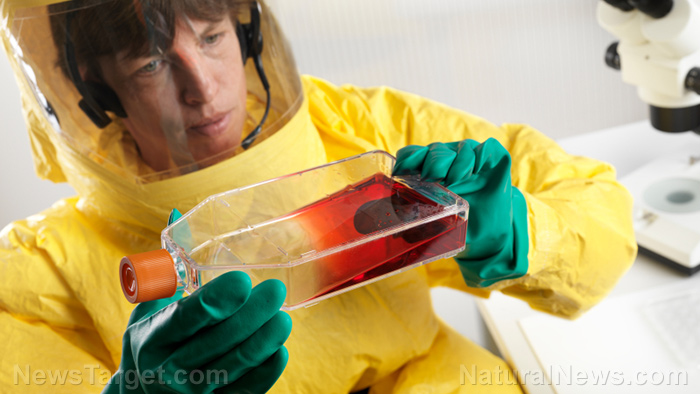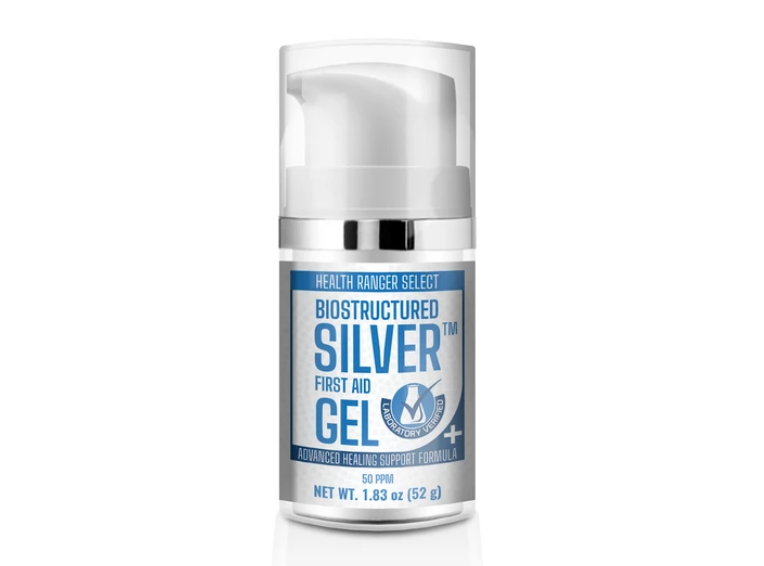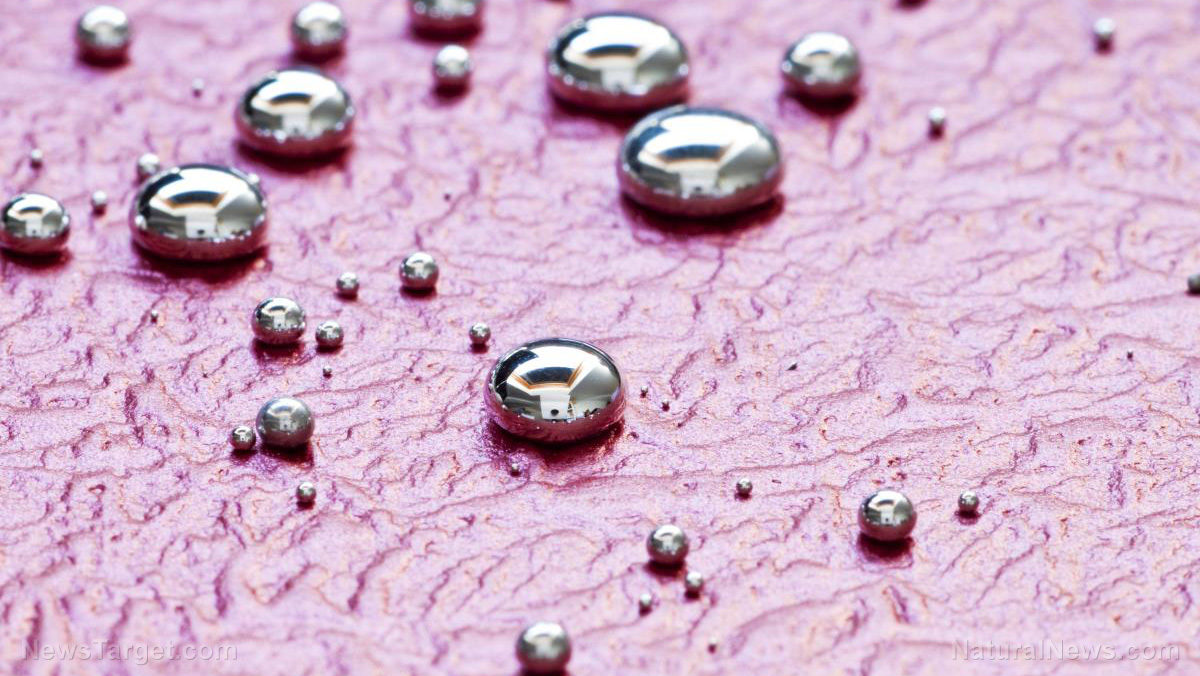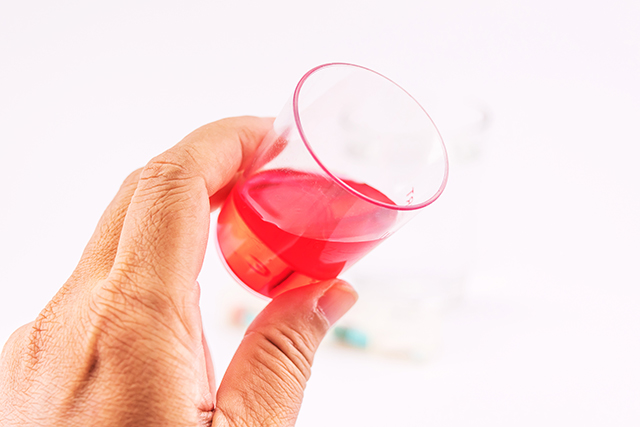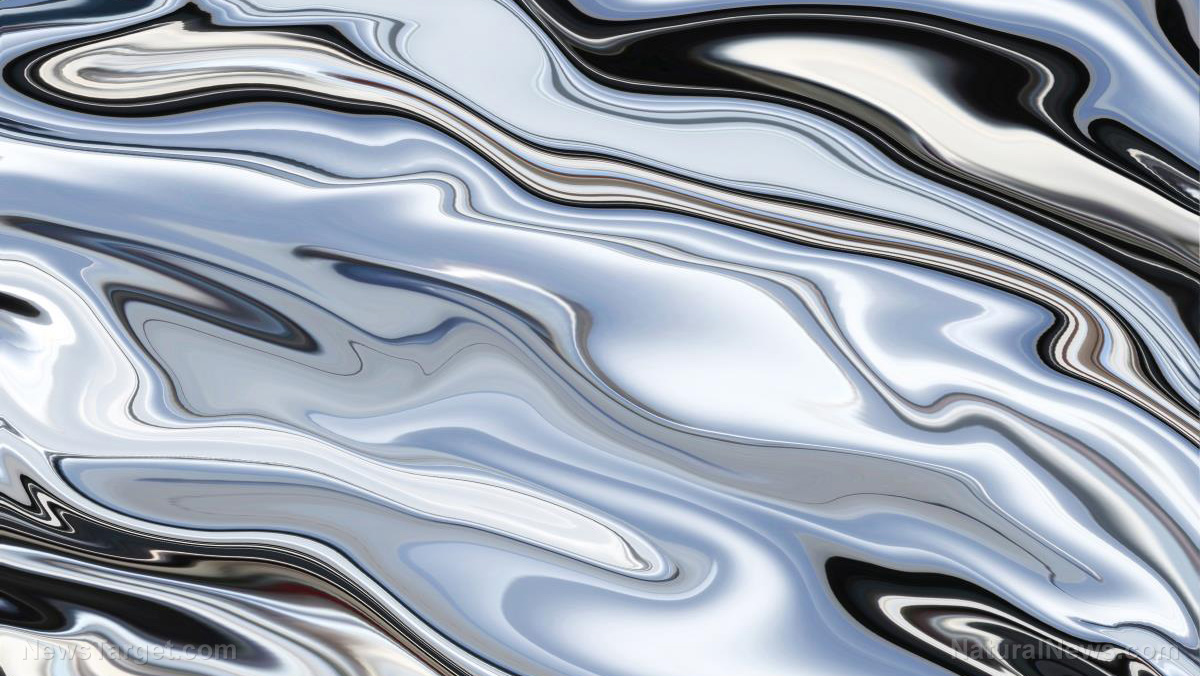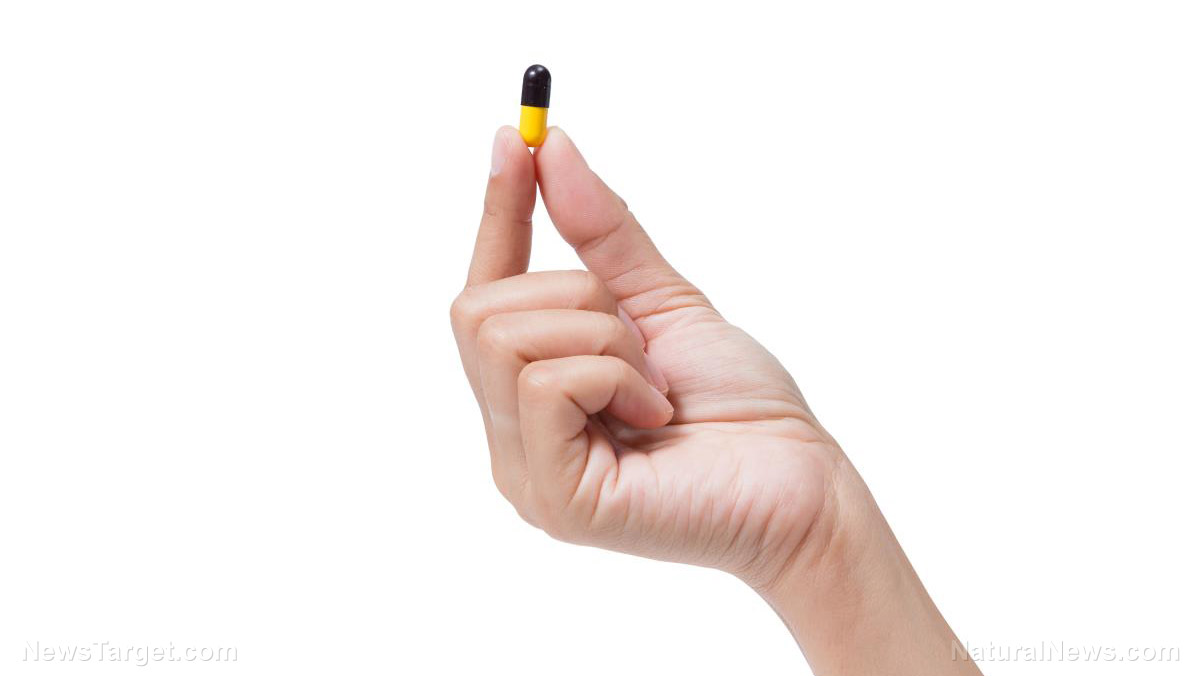Fiat currency found to harbor dangerous bacteria, but SILVER has natural antibacterial properties
05/26/2017 / By JD Heyes

So, do you know just how sanitary — and sound — that paper money in your pocket really is? According to new research, not very sanitary at all. Oh, and it’s likely not going to be worth much in the future, either.
As reported by the UK’s Daily Mail, paper money is rife with often deadly bacteria, while coins aren’t much better. And frankly, when you think about how far and wide money travels, and how often it exchanges hands, you can begin to appreciate the fact that yeah, it’s not very clean.
The paper noted that scientists who analyzed banknotes found they are breeding grounds for all sorts of bacteria, more than one-third of which can cause infections that can kill, including E. coli, the superbug that causes food poisoning.
“Cash even harbors more bacteria than people’s hands and metro station air, the research adds. The Researchers believe banknotes act as a ‘medium’ that absorbs bacteria from other environments,” the Daily Mail reported.
Scientists from the University of Hong Kong scraped bills that they obtained from train stations and hospitals, in order to learn whether or not bacteria could survive on the surface of money. Their results, which were published in the journal Frontiers in Microbiology, showed that bacteria is more prevalent on banknotes than in many other environments — marine sediment, drinking water, people’s hands — than you might imagine. (RELATED: 97 percent of hospital superbugs killed with copper)
In fact, researchers said that in excess of 33 percent of bacteria they found on bills were potentially very deadly, including the E. coli bacteria and the strain that causes cholera.
“In short,” said lead research scientist Dr. Jun Li, “banknotes act as a medium ‘absorbing’ bacteria from other environments and the potential pathogens live quite well on the banknote surface.”
Worse, researchers discovered that paper money also had a remarkably higher concentration of genes that are resistant to antibiotics.
“The high amount of antibiotic-resistant genes found from the banknotes is considerable and can potentially lead to the circulation of antibiotic resistance to humans and other environments,” Jun said.
As such, paper money should actually be considered a major health risk, he added.
“The most important results are that banknotes harbor various bacteria that originate from different environments including human hands, dirt and water due to its frequent contact with human hands and the environment,” Jun added.
Other forms of currency — like pure silver, for example — do not come with inherent health risks. In fact, silver has been found to have natural antibiotic capabilities, and even NASA recognizes them.
As to the Hong Kong research, it certainly is interesting to be sure. But it also seems suspiciously aimed at pushing a cashless society, and in fact, Jun even mentions that:
The most important recommendation we could raise is that before a cashless society develops, the banks and government should pay extra attention to the hygiene problem of the currency, which is still frequently used in our daily life.
But in a major economic collapse, having no cash at all or, at least, having nothing that holds inherent value (as well as anti-bacterial properties!), will leave you literally with nothing. A major hack or an EMP event that destroys the power grid will wipe out the financial sector and destroy all data; unless you keep a daily paper copy of your bank assets (and really, who does?), you’re going to be left with nothing. (RELATED: DO THE MATH: Here’s The Rational Analysis Why 99% Of Current Bitcoin Owners Will Never Be Able To Sell Bitcoins For Anything Close To Its Imagined Current Value)
Gold is very expensive and while it certainly is valuable, silver is much less costly, cleaner (obviously), and easier to obtain and stockpile. There are several reputable silver dealers; if you don’t own any yet, you should check them out.
As for silver’s health properties, “Due to widespread growth in the use of colloidal silver as a biocidal agent, development of a simple and cost efficient method of silver testing is valuable,” admits NASA on its website, as we reported. “On station, silver is used as a biocidal agent based on its antimicrobial properties in the potable water system.”
J.D. Heyes is a senior writer for NaturalNews.com and NewsTarget.com, as well as editor of The National Sentinel.
Sources:
Submit a correction >>
Tagged Under:
bacteria, cash, Cashless society, Fiat Money, paper money
This article may contain statements that reflect the opinion of the author
RECENT NEWS & ARTICLES
ColloidalSilver.News is a fact-based public education website published by ColloidalSilver News Features, LLC.
All content copyright © 2018 by ColloidalSilver News Features, LLC.
Contact Us with Tips or Corrections
All trademarks, registered trademarks and servicemarks mentioned on this site are the property of their respective owners.


